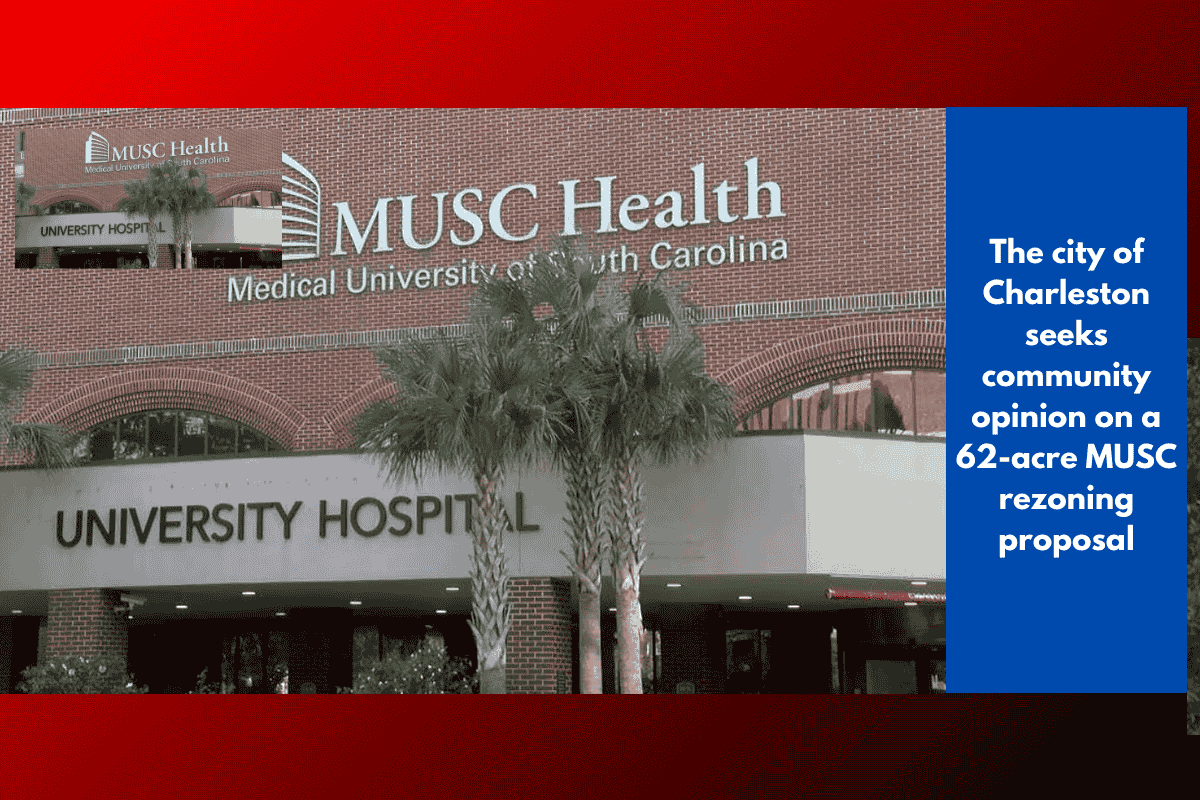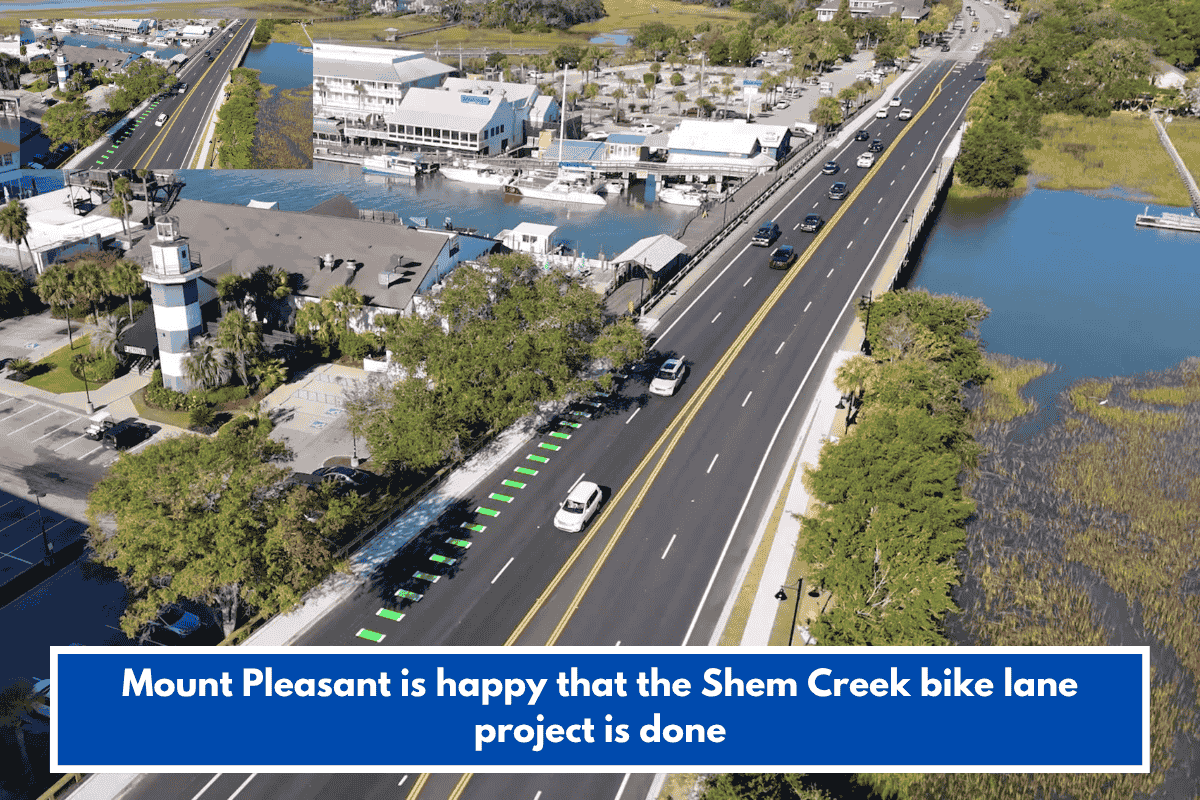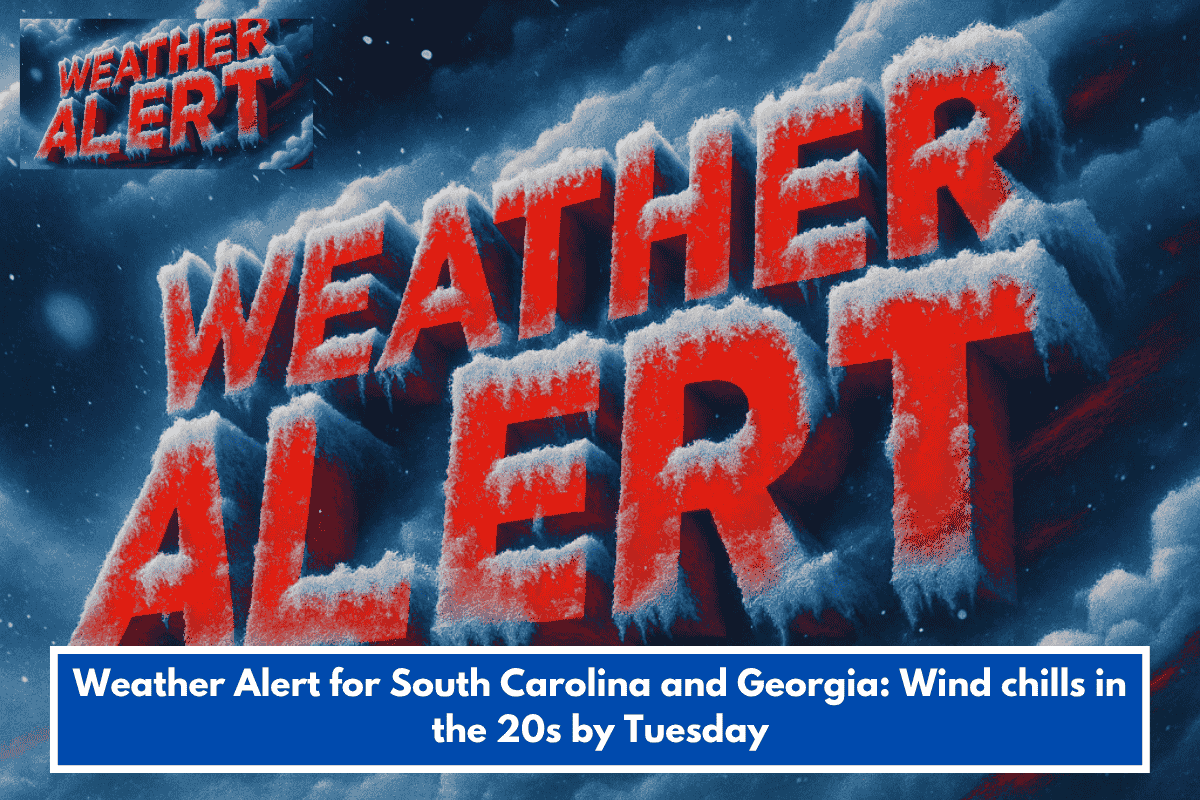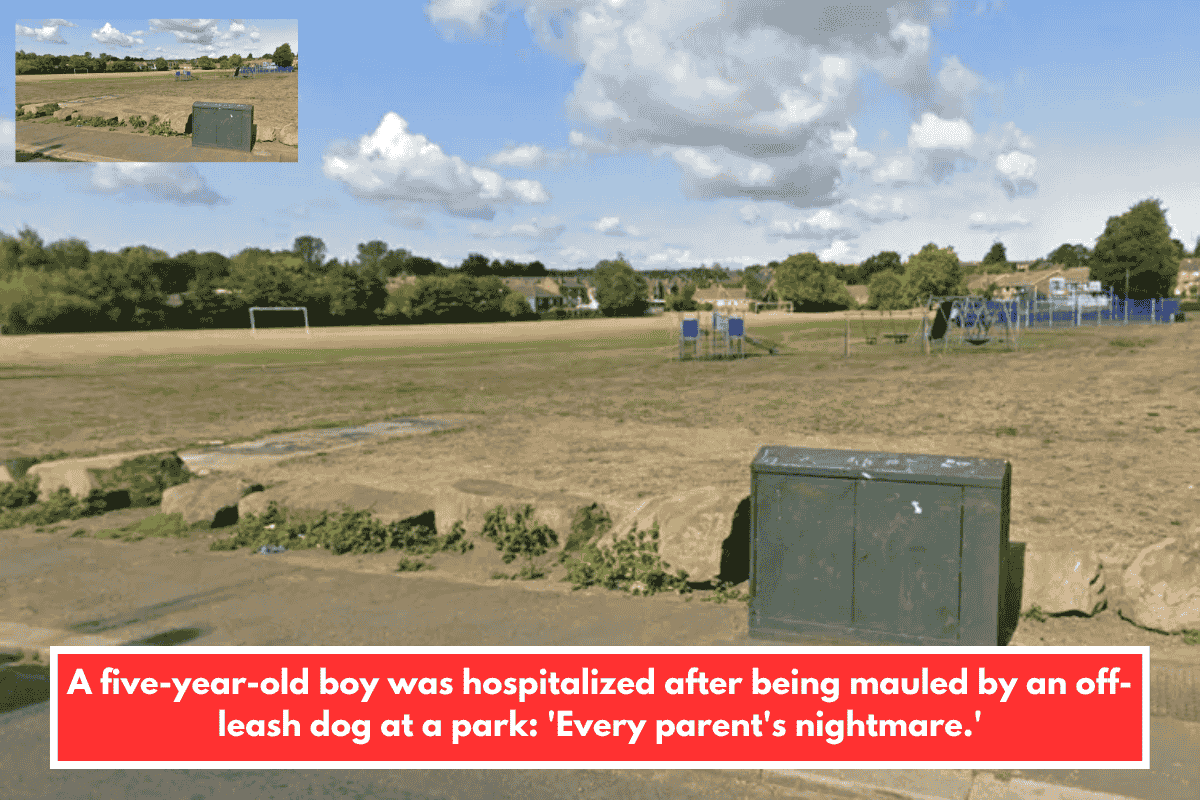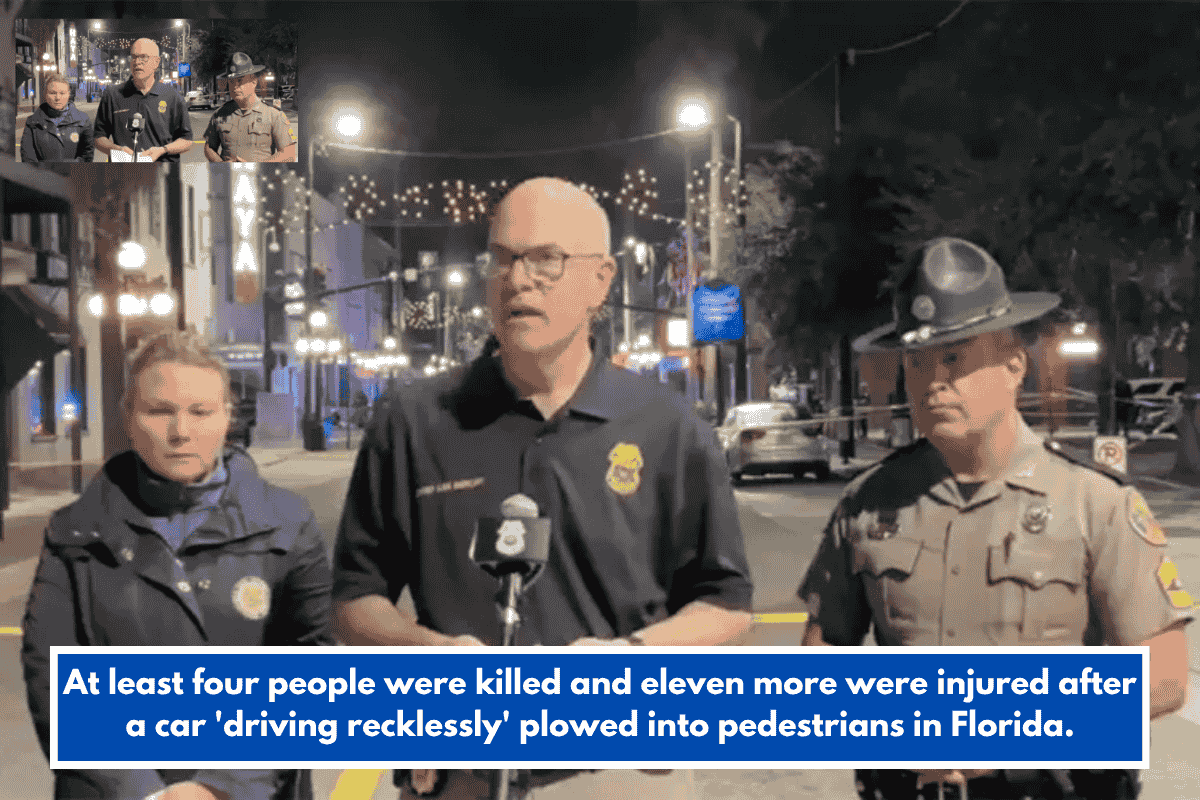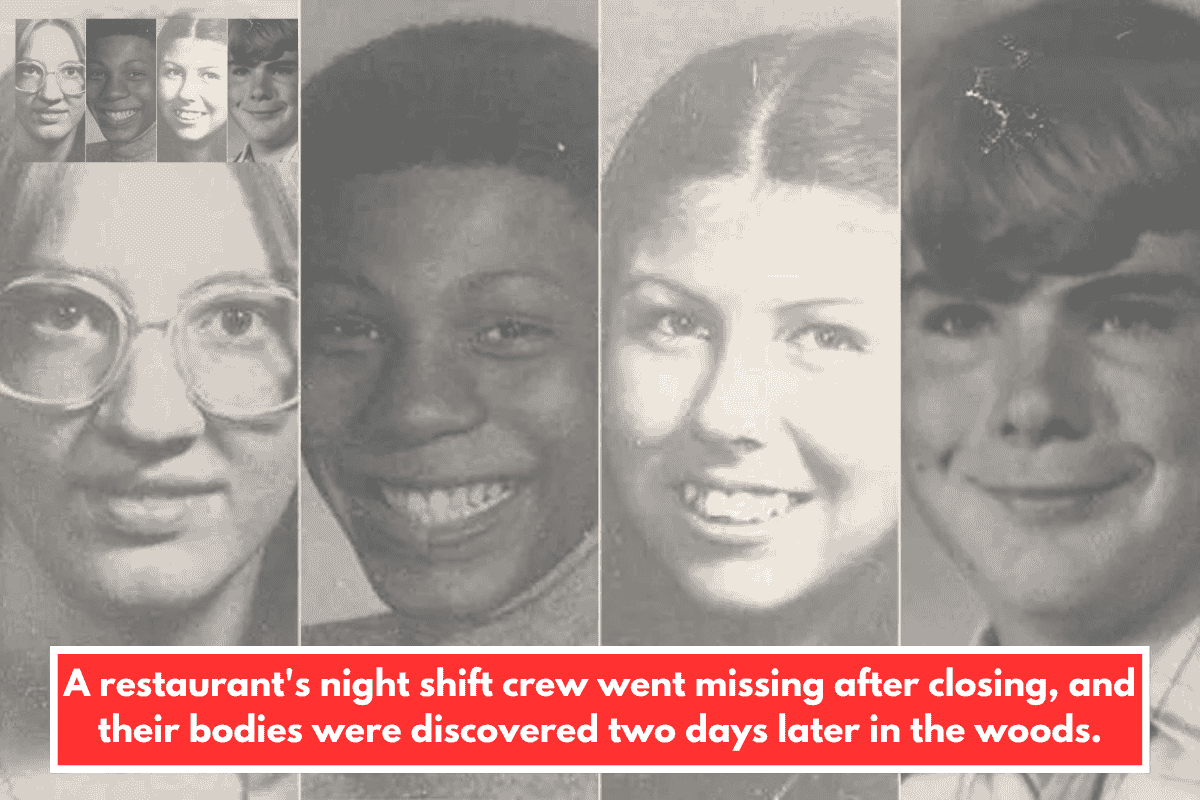The Medical University of South Carolina (MUSC) is preparing for a major transformation of its downtown Charleston campus — and city officials want to hear what the public thinks before moving forward. The expansion plan, if approved, could reshape one of Charleston’s most important institutions and impact the surrounding area for decades to come.
What Is the Medical District Overlay Zone?
The proposed project is called the Medical District Overlay Zone, and it would rezone around 62 acres across 61 parcels within MUSC’s current boundaries. This area is roughly the same size as nearby neighborhoods like Radcliffborough or Harleston Village.
Rather than expanding MUSC’s campus into new areas, the plan focuses on removing outdated zoning regulations that leaders say have slowed down growth, development, and modernization.
What Changes Would the Overlay Allow?
If approved, the new zoning would allow MUSC more flexibility in how it builds and operates. Here’s a breakdown of what the overlay would change:
Remove limits on operating hours for buildings and services
Lift housing density restrictions, allowing for more housing units on campus
Increase building height limits by up to 200 feet
Eliminate parking requirements for new developments
Allow demolitions in certain areas without needing city approval
Reduce the Board of Architectural Review’s oversight by removing 17 properties from its jurisdiction
These changes would make it easier for MUSC to grow quickly and efficiently, especially as it plans to build a state-of-the-art cancer center, expand student and employee housing, and create an “innovation district” along Calhoun Street.
Why MUSC and the City Support It
According to Christopher Morgan, Charleston’s planning manager, the city wants to help MUSC modernize without harming the city’s historic charm. He emphasized that this overlay wouldn’t expand the university’s footprint — only allow more flexibility within its existing campus.
“It’s not about them growing beyond the existing confines of the campus… It just gives them a clearer path to their ability to redevelop,” Morgan said.
City leaders also praised MUSC for being responsible when it comes to preserving Charleston’s historic buildings.
“They’ve been very good stewards from a preservation standpoint,” Morgan said. “There’s nothing about this overlay that we feel would impact their being good stewards.”
Public Feedback Is Key
While the proposal has already gained unanimous support from the Charleston Planning Commission, city leaders are urging residents to get involved before final decisions are made.
Two major public events are scheduled:
Public Workshop:
Wednesday, Sept. 11 at 5:30 p.m.
108 Meeting Street
This is a chance for residents to ask questions, see detailed plans, and provide feedback.
City Council Hearing and First Vote:
Monday, Sept. 23
Charleston City Hall
This will be the first official reading and public hearing on the overlay proposal.
MUSC’s proposed rezoning plan represents a big step forward for healthcare, education, and innovation in downtown Charleston. While the city and university agree that this change is needed to modernize and improve facilities, they also want to ensure the public has a voice in shaping how it all unfolds. Residents are encouraged to take part in the process — because how the city grows affects everyone who calls Charleston home.

